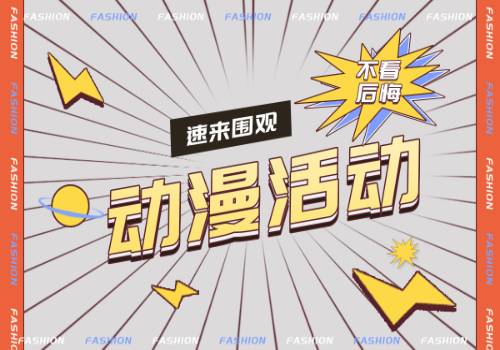新概念英語(yǔ)第三冊(cè)原文文本學(xué)習(xí)Lesson15(2)已發(fā)布,歡迎大家查看。新概念英語(yǔ)第三冊(cè)內(nèi)容主要針對(duì)的是基礎(chǔ)比較薄弱的同學(xué),為了方便同學(xué)們可以更好地鞏固英語(yǔ)基礎(chǔ),小編還整理了新概念英語(yǔ)第三冊(cè)課文、新概念英語(yǔ)第三冊(cè)音頻相關(guān)內(nèi)容,便于同學(xué)們一起學(xué)習(xí)!
Language points
 (相關(guān)資料圖)
(相關(guān)資料圖)
(Attention: The following points are not covered by the video. It is better for you to watch the video or listen to the MP3 first and try to take notes on your own. Then you may check here to get more details. )
1, Children always appreciate small gifts of money.
appreciate的基本詞義是:
(1) 欣賞: He really appreciates fine furniture. 他懂得欣賞好的家具。
(2) 感激: We appreciate all the help you gave us. 我們感激你給我們的幫助。
本句中,引申為:喜歡=enjoy, 翻譯作:孩子們總是喜歡得到些零花錢(qián)。
Tip: 很多時(shí)候,詞語(yǔ)的意思要根據(jù)上下文聯(lián)系來(lái)判斷。
2,Mum or dad, of course, provide a regular supply of pocket-money, but uncles and aunts are always a source of extra income.
provide a regular supply of …定期地提供……
provide sth. for provide sb. with sth. 為某人提供某物品
e.g. The villagers provided a regular supply of food for the soldiers.
=The villagers provided the soldiers with a regular supply of food.
零用錢(qián)的幾種表達(dá)法:extra income, small gifts of money, pocket money
作者在文中三處用了不同的零用錢(qián)表達(dá)法,為的是讓讀者抓住主題,TIP:寫(xiě)作時(shí)避免使用同樣的詞。
以上就是為大家整理的“新概念英語(yǔ)第三冊(cè)原文文本學(xué)習(xí)Lesson15(2)”,更多新概念英語(yǔ)的干貨內(nèi)容,歡迎訪(fǎng)問(wèn)新東方新概念英語(yǔ)課堂,查看新概念英語(yǔ)第三冊(cè)課后答案、新概念英語(yǔ)第三冊(cè)單詞和新概念英語(yǔ)第三冊(cè)聽(tīng)力可供參考。祝同學(xué)們學(xué)習(xí)新概念英語(yǔ)3順利!
新東方在線(xiàn)英語(yǔ)水平測(cè)試
關(guān)鍵詞:










 營(yíng)業(yè)執(zhí)照公示信息
營(yíng)業(yè)執(zhí)照公示信息



